Inheriting a 401(k) can feel like hitting the financial jackpot, but it’s also like stumbling into a maze of confusion.
If you inherited a 401(k) and dont know where to start from, it can be overwhelming to consume all the information you receive from the 401(k) plan. You’re left wondering, how do I even begin? How long until I can get my hands on that money? It’s a whirlwind of questions!
In this article, we’ll explore the ins and outs of 401(k) inheritance, covering topics like the 10-year rule, the process of claiming your inheritance, and even how to avoid unnecessary taxes.
Let us dive in.
How Long Does It Take to Get 401k Inheritance?
The time it takes to receive your 401(k) inheritance can vary from a few weeks to several months, depending on several factors.
The process involves several steps, including confirming your beneficiary status, providing the necessary documentation, and working with the plan administrator or financial institution holding the account to process the inheritance.
Additionally, the efficiency of the financial institution handling the 401(k) and any legal or administrative requirements also influence the amount of time it takes to receive the funds.
If you inherited a 401(k), you should reach out to the plan administrator or the executor of the deceased’s estate for information on when you can expect to receive your 401(k) inheritance.
What is the 10-Year Rule for Inherited 401k?
The “10-year rule” comes into play if the account owner passes away on or after January 1, 2020. This rule provides that beneficiaries must withdraw all funds from the inherited 401(k) account within ten years of the account owner’s death.
While there’s no requirement to take annual distributions, you must withdraw the funds by the 10th anniversary of the original 401(k) owner’s death.
If you inherited a 401(k), you should be aware of the 10-year rule so that you can plan withdrawals accordingly to avoid potential penalties and tax implications.
What Happens If You Don’t Withdraw from an Inherited 401k?
If you fail to withdraw the funds within the specified timeframe, the IRS may impose a penalty. Here’s what can happen if you fail to withdraw from an inherited 401(k):
The IRS will penalize the funds in the 401(k)
The IRS imposes a substantial penalty for not taking the required distributions from an inherited 401(k). This penalty amounts to 50% of the required distribution amount, making it a costly mistake you would want to avoid.
You will lose tax benefits
When you don’t follow the rules for withdrawing an inherited 401(k), you lose the tax benefits associated with inherited retirement accounts. These benefits help you cut down the tax impact of inheriting retirement monies.
Financial loss
The penalties alone can reduce the funds in the account greatly, not to mention the additional tax liability that might arise due to the delayed withdrawals.
How to Find Out If You Are a Beneficiary of a 401k
If you are a named 401(k) beneficiary, the account owner or the executor of the deceased’s estate will reach out to inform you of your status. However, sometimes, you might not be informed of the inheritance, and you may need to find out on your own.
First, you should review the legal documents of the deceased. The 401(k) account owner’s will and estate planning documents, such as a trust, can clarify whether you are a beneficiary. These documents often specify who inherits the assets, including the 401(k).
You can also review the account statements and paperwork of the deceased, if available. Look for any records related to the 401(k) account, as they may contain information about beneficiaries.
You can also contact the former employer of the deceased 401(k) owner. If the deceased had a 401(k) through their employer, get in touch with the human resources department or benefits administrator at the company. They can confirm your beneficiary status and guide you on the next steps.
Alternatively, you can contact the plan administrator or custodian of the 401(k). They can verify your beneficiary status and guide you on how you can claim the inherited 401(k).
How to Claim 401k Inheritance?
Once you have determined that you inherited a 401(k), you can initiate a claim to receive a disbursement. Follow these steps to claim the 401(k) inheritance:
Contact the plan administrator
Start by contacting the plan administrator or the financial institution holding the 401(k) money. You’ll need to inform them of the account owner’s passing and your status as the beneficiary.
Provide necessary documentation
The plan administrator will guide you through the required documentation, which includes a copy of the death certificate, proof of your identity, and any forms they may need you to complete. They may also ask for a copy of the beneficiary designation form if it’s available.
Determine your distribution option
You’ll need to decide how you want to receive the inherited 401(k) funds. Common options include taking a lump-sum distribution, rollover to an Inherited IRA, or following the 10-year withdrawal rule for inherited 401(k) accounts if it applies. Each choice has different tax implications and rules. Therefore, carefully consider the withdrawal options to avoid harsh penalties
Complete required forms
Fill out any necessary forms provided by the plan administrator or financial institution. They may ask for paperwork to establish your inheritance of the 401(k) account.
Who Is the Beneficiary of 401(k) After Death?
The beneficiary of a 401(k) plan after the death of the original 401(k) owner is the named beneficiary (or beneficiaries). Usually, the 401(k) account owner decides a beneficiary during the setup of the 401(k) account or at some point during the account’s existence.
Common beneficiaries can include spouses, children, trusts, or the estate if no specific beneficiary is named. However, it is also possible for the account owner to name a non-relative as a beneficiary.
Can 401K Beneficiary Be a Non-US Citizen?
Yes, a 401(k) beneficiary can be a non-U.S. citizen. There are no citizenship requirements for 401(k) beneficiaries.
However, if you aren’t a United States citizen, you may face tax implications and withholding requirements. The taxation of 401(k) distributions for non-U.S. citizens is different from that of U.S. citizens, depending on tax treaties between the United States and your home country.
How to Avoid Taxes on 401k Inheritance
While it’s challenging to avoid taxes entirely, there are strategies to minimize the tax impact.
One common approach is to take advantage of the “stretch IRA” strategy, which involves taking smaller distributions over an extended period.
Alternately, converting the 401(k) to a Roth IRA can also be beneficial if you expect to be in a higher future tax bracket.
Additionally, timing your withdrawals when your income is lower and considering charitable giving from the account can further reduce tax burdens.
Conclusion
Inheriting a 401(k) can boost your financial life significantly. However, you need to understand the rules and timeline requirements for withdrawing the funds in the 401(K).
Additionally, you should keep copies of all documents related to your inherited 401(k) and maintain records of your distributions for tax purposes.
If you want to make the process smoother and more tax-efficient, consult with a tax expert who can guide you through the 401(k) inheritance and help you make the most of your inherited funds.


